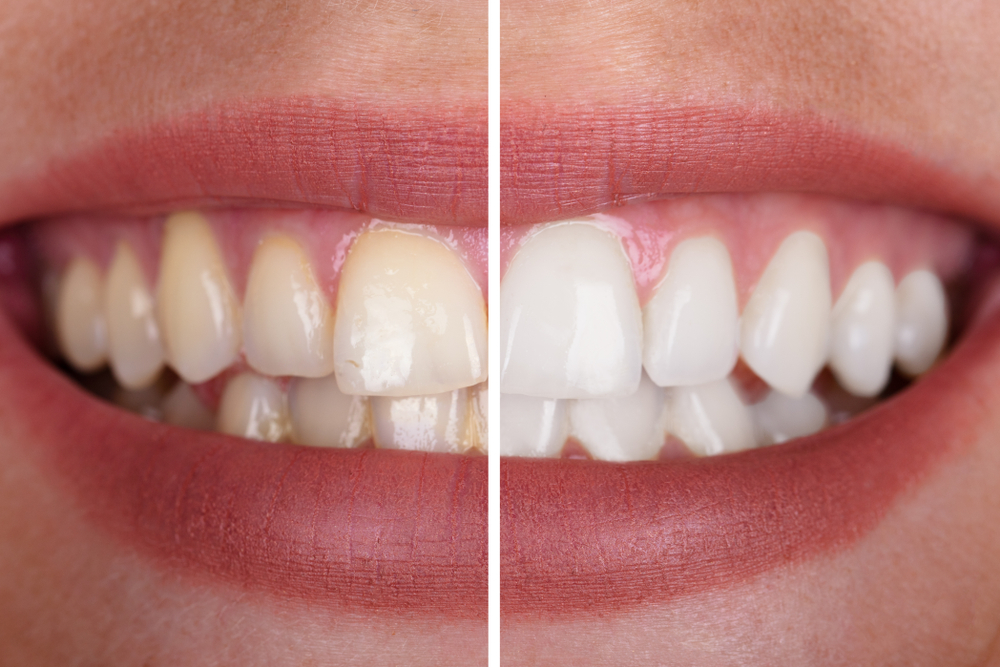If you pay attention to the people around you, you might notice that very few of us have perfectly straight teeth. We all want that perfect smile, like an actor in a toothpaste commercial, but Dr. Harrison of Parkcrest Dental Group will tell you that perfect smiles often require a little help from orthodontists. So why do so many of us have crowded, twisted or overlapping teeth? In today’s blog, Dr. Harrison looks at some common causes behind crooked teeth.
Genetics
There are many things about our health and development that we have no control over, and that includes our smiles. Just as we don’t get to predetermine the color of our eyes or our hair, we inherit the traits that lead to crooked teeth from our parents. In fact, crooked teeth are often related to the size and space of our mouths. If your mouth is too small for your teeth, there is a good chance you will have crowded and shifting teeth, leading to many orthodontic problems. Another inherited issue can be a misaligned jaw, which often leads to conditions such as underbites and overbites.
Habits
Beginning in infancy and toddlerhood, many children have already started to form bad habits that can create a ripple effect for crooked teeth, resulting in problems that won’t be noticeable until many years later. Infants who suck their thumbs or use a pacifier are at a greater risk of developing crooked teeth as they grow older. Other, mostly unconscious habits, such as breathing through the mouth, tongue thrusting, and reverse swallowing can also lead to jaw misalignment and crowded teeth.
Trauma
Trauma is the most common cause of severely crooked teeth. Facial trauma, such as mouth or jaw injuries, often have the effect of moving teeth out of place. Losing teeth, due to a mouth injury, will typically cause the remaining teeth to shift over time to make up for the lost space. Seeking treatment from a qualified orthodontist, like Dr. Harrison of Parkcrest Dental Group, is especially important following a trauma because our teeth will change due to trauma and become misaligned more quickly than changes related to habits or genetics.
Taking Care of Baby Teeth
As an infant grows up, permanent teeth are waiting underneath the baby teeth, and that means the health of baby teeth has a direct impact on the future health of permanent teeth. Baby teeth are a bit like a guidance system that help guide permanent teeth to where they need to be as they emerge through the gums. If baby teeth are lost prematurely due to decay or trauma, the permanent teeth will shift as they begin their journey outward. Taking good care of baby teeth is vital to having healthy permanent teeth.
Contact Dr. Steven Harrison for Professional Orthodontic Treatment
If you have questions about orthodontics or are seeking orthodontic treatment, contact Dr. Steven Harrison of Parkcrest Dental Group. Dr. Harrison has been practicing at Parkcrest Dental Group since 1986, and he has helped countless patients improve their dental health through his dedication to providing the best in orthodontic care.




